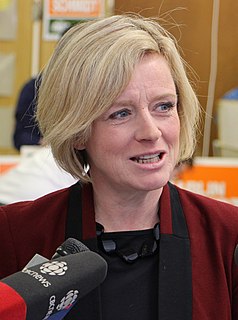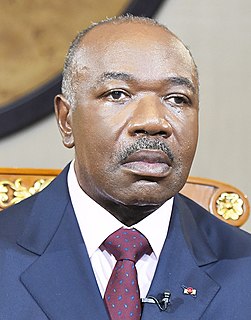A Quote by Sharan Burrow
We need investment in green economy infrastructure; public services, training and education; and a multilateral plan to create youth job opportunities.
Related Quotes
Mr. Trump wants to turn the U.S. economy into the kind of real estate development that has made him so rich in New York. It will make his fellow developers rich, and it will make the banks that finance this infrastructure rich, but the people are going to have to pay for it in a much higher cost for transportation, much higher cost for all the infrastructure that he’s proposing. You could call Trump's plan "public investment to create private profit". That's really his plan in a summary.
Our top plank really is a Green New Deal to transform our economy to a green economy, 100 percent wind, water and sun by the year 2030 - we can do it; this is an emergency, and we must do it - but to use that as an opportunity to put America back to work, to renew our infrastructure, and to basically assure that everyone has a job.
The chief moral obligation of the 21st Century is to build a green economy that is strong enough to lift people out of poverty. Those communities that were locked out of the last century's pollution-based economy must be locked into the new, clean and renewable economy. Our youth need green-collar jobs, not jails.
We need to enact comprehensive immigration reform, to bring people out of the shadows and empower them to more fully and freely participate in their communities and the economy. And we need to invest in our nation's deteriorating infrastructure - investments that would create jobs and benefit all sectors of the economy.
Our budget also reflects key components of our campaign. It's very much focused on stabilizing public services, restoring stability to public services and investing in job creation and economic diversification and, generally speaking, acting as a cushion during this economy, something fundamentally different than what the other parties proposed in the last election.
The billions being spent on Trident replacement would be much better spent on investing in developing the infrastructure we need for a zero-carbon economy, as well as in protecting public services. To use the money on a project that makes Britain and the world a far more dangerous place is politically irresponsible and economically obscene.
So outside agriculture, in manufacturing and services, we must create a lot more jobs. But that also means that we must ensure that our systems of general education and technical education are in line with the job requirements that a more modern manufacturing and a more modern services sector would require.
Classic economic theories recognize public goods aspects of one kind or another - the need for economic intervention in, obviously, the supply of infrastructure and of education. We're not supplying that infrastructure at an appropriate rate today. I don't doubt it isn't just money; it's organization and goals and so forth.
Too many politicians seem to reach for 'infrastructure' as the default answer to investment, as if roads and bridges were the answer to everything. Even the IMF and the World Bank seem to mainly offer infrastructure spending as an alternative to austerity, although they are right to focus on the need for investment.





































